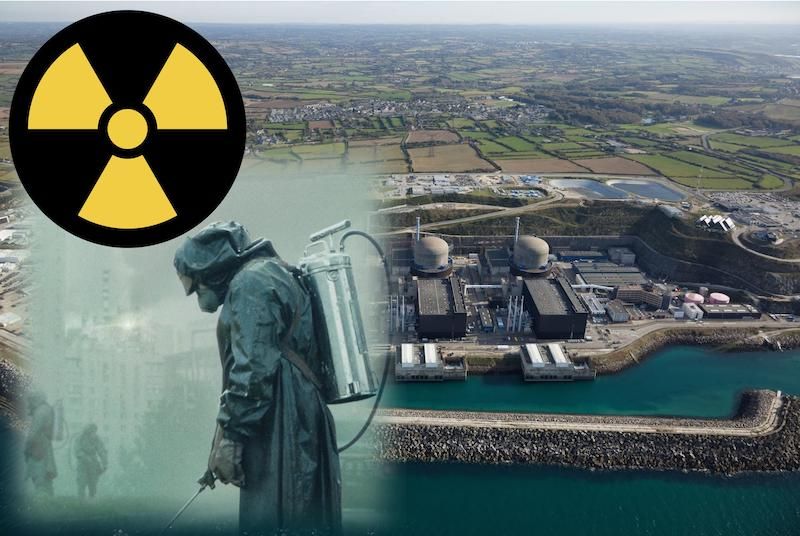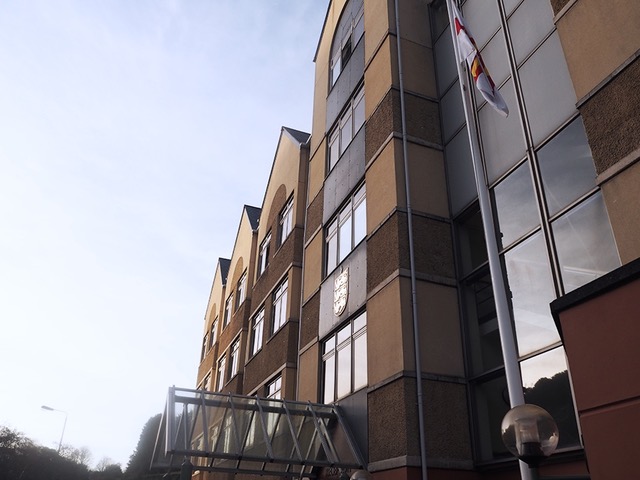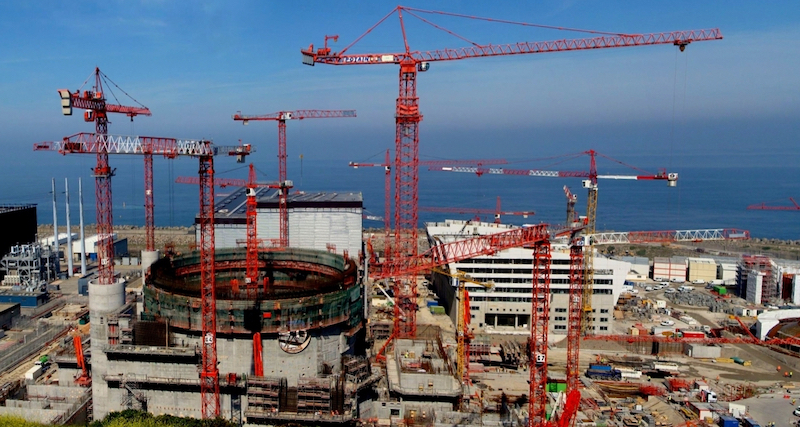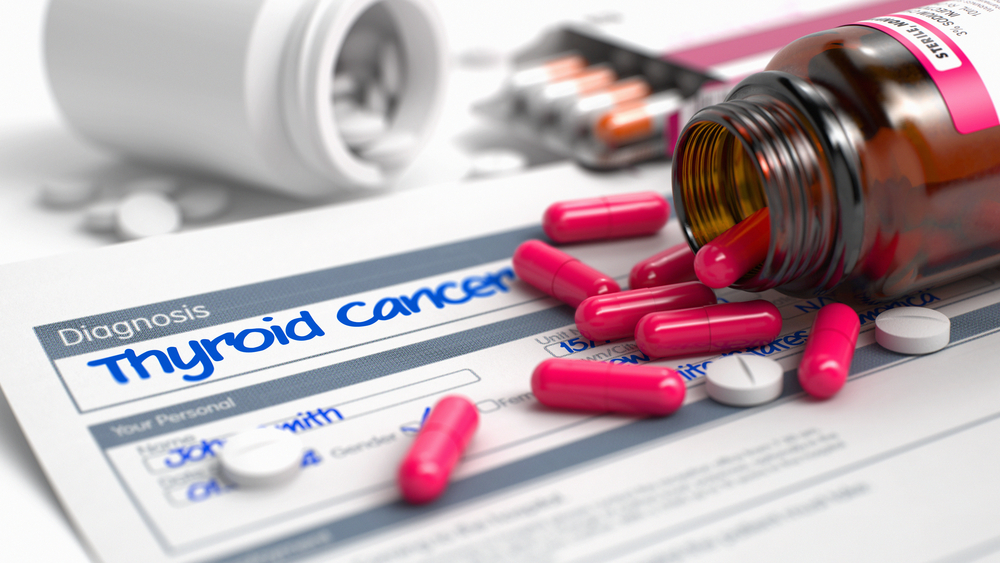

With the huge success of HBO's 'Chernobyl' some people have been asking what might happen if the huge nuclear power plant just over the water in Normandy ran into trouble.
It was not too long ago that Flamanville actually had some issues, which, eerily, were pretty similar to the issues first suspected at Chernobyl - luckily for Guernsey, the emergency was just a fire, unlike at the Russian station in the 80s.
While there was no nuclear risk, the fire in February 2017 caused an explosion which took one of the station's reactors off France's grid for some time, and caused everyone a bit of a scare, because Guernsey is just 70km away from the site.
HBO's mini-series Chernobyl retold the events of the nuclear power station's disaster in 1986, and has received critical acclaim since its release earlier this year. Above, the trailer for the show.
Flamanville is certainly close enough to the Channel Islands to be something the States of Guernsey have had to think long and hard about. Since its reactors - which each generate 1.3 gigawatts and create 4% of France's electricity - were built in the 1980s - everywhere in the 'range' of the plant has had to consider what would happen if something went wrong.
In Guernsey, that is currently the responsibility of Kevin Murphy, the Channel Islands Emergency Planning Officer. He said the recent HBO tv series had attracted a lot of attention to Flamanville: "The recent dramatization of 'Chernobyl' has of course attracted a lot of attention, but the public should be aware the reactors at Flamanville are of a different design. The reactors at Chernobyl were RBMK boiling light water reactors - the two current reactors at Flamanville are pressurised water reactors, and the new one shortly to come on-line is a European pressurised reactor, which is a relatively new design.
"It's interesting to note that because of the differences in these designs, the same chain of events that happened at Chernobyl couldn't happen at Flamanville. There is also a very different culture of management and safety in the nuclear industry in both Ukraine and the wider world than there was in the Soviet era of 1986."

The island does have a plan for if Flamanville goes wrong, but the details of it are not public.
Mr Murphy was able to confirm there are emergency planning rules in law in the island, which encapsulated incidents like these. Many of the ideas in the plan come from learning and reports done following incidents around the world.
He said: "Guernsey has legislation relating to emergency planning (The Civil Contingencies (Bailiwick of Guernsey) Law 2012 and associated Regulations) and encapsulated in this is to review and record the risks to us. As such, we have looked at the risk of incidents at foreign nuclear facilities and have planned accordingly for such events.
"We work closely with our colleagues in France at both local government and Emergency Planning level, and we have a Memorandum of Understanding with them which means that we get immediate notification of any incidents or accidents that happen at Flamanville or the other local nuclear facilities. We also have a standing group of subject matter experts who meet on a regular basis to consider radiological issues, and maintain close links with planners and responders in the UK to allow us to react accordingly."

Flamanville's third reactor has been being built for years now, and is over budget and behind schedule.
Mr Murphy explained that every single nuclear incident that occurred was followed by a 'methodical learning and improvement process', during which constant safety improvements are made.
The most recent of these incidents was Fukishima in 2011, which experienced a melt down after being hit by a tsunami. The recommendations made following everything that took place in Japan have resulted in 'significant and substantial safety improvements' at Flamanville and other facilities around the world.
Of course while Guernsey and Jersey are just a stone's throw away from Flamanville, there are many villages and towns in Normandy located in much closer proximity to the nuclear power station.

Iodine tablets are taken because, during a nuclear incident, radioactive supply can be released into the atmosphere. If inhaled or ingested, this iodine can attach itself to the thyroid and cause cancers in the area around the plants. By taking a tablet, the thyroid is saturated with “healthy” iodine so that the radioactive iodine cannot attach itself to the thyroid.
Just last month the French government announced it would be extending the 'prevention plan' it had in place for nuclear incidents around the plant, to give 2.2million people access to iodine tablets at pharmacies. These are given to people to offset the radiation they may have to live with because of Flamanville.
On 3 June, the French Authority for Nuclear Safety said the “Special Intervention Plan (Plan Particulier d’Intervention, PPI) on French nuclear power plans” would be extended from a 10km radius to a 20km radius. Alongside the iodine tablets, this will mean spreading the message about the six reflexes to have in case of an incident: take shelter, stay informed and indoors, do not saturate communication networks, prepare for a potential evacuation and take iodine if the Prefect orders it.
Alderney is just 31km away from the nuclear power station, while Guernsey is closer to 70km away.
Pictured top: Flamanville Nuclear Power Station, with, inset, a promotional image from Chernobyl.
Comments
Comments on this story express the views of the commentator only, not Bailiwick Publishing. We are unable to guarantee the accuracy of any of those comments.